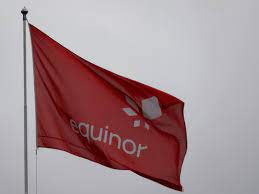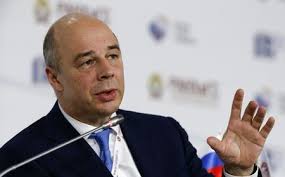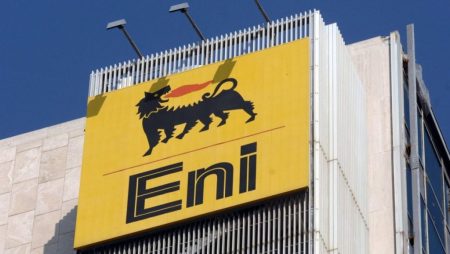The Norwegian energy producer lowered its 2023 forecast for oil and natural gas output to 1.5% growth from 3% but said this was caused by extensive maintenance that was now behind it.
Its adjusted earnings before interest and tax fell to $8.02 billion from a revised $24.5 billion a year earlier, but beat a $7.59 billion consensus in a poll of 22 analysts compiled by the company.
The sharp year-on-year decline reflected a plunge in the price of gas, with the European benchmark contract averaging about 34 euros per megawatt hour (MWh) in the July-September quarter versus around 204 euros a year earlier.
However, tensions in the Middle East amid the Israel-Hamas conflict that could impact LNG supply and renewed concern over infrastructure security after damage to a Baltic Sea pipeline have lifted gas prices to around 50 euros per MWh.
“We expect a tight oil market with prices fluctuating with unexpected events,” CEO Anders Opedal said during an earnings presentation.
“European gas prices and global LNG prices are sensitive to uncertainty, and we have seen that individual events can have a major impact.”
Maintenance at the Troll gas field and other installations had taken longer than expected, Opedal said, but added this was now in the past.
The company is Europe’s largest supplier of gas, having surpassed Russia’s Gazprom after Moscow’s invasion of Ukraine.
Equinor reported an adjusted net income of $2.73 billion, down from a revised $7.19 billion but beating the $2.24 billion forecast by analysts.
Equinor’s lowered output view for the year did not hit its shares as information on many field outages had been released during the summer and autumn, analysts at brokerages Jefferies and Sparebank 1 Markets said.
Its shares were up 3.0% at 0939 GMT, outperforming a 1.8% rise in the Oslo benchmark index the stock has gained 7.6% year to date, broadly in line with European petroleum stocks.
Equinor’s stronger-than-expected third-quarter profits were driven by a solid performance at the company’s MMP trading division, RBC analyst Biraj Borkhataria wrote in a note to clients.
The unit, which trades oil, gas and power, posted an operating profit of $876 million, beating an analysts’ forecast of $624 million.
The company booked net impairments of $971 million including a $300 million impairment on offshore wind projects in the United States after local authorities rejected a request from energy firms to charge more for power.
It also made impairments in Norway, related to reduced reserves at an offshore field and at its refining unit due to weaker margins.
Equinor maintained its dividend and share buyback levels.
Reporting by Nerijus Adomaitis and Nora Buli; editing by Terje Solsvik, Mark Potter and Jason Neely – Reuters
 Oslo —
Oslo — 


